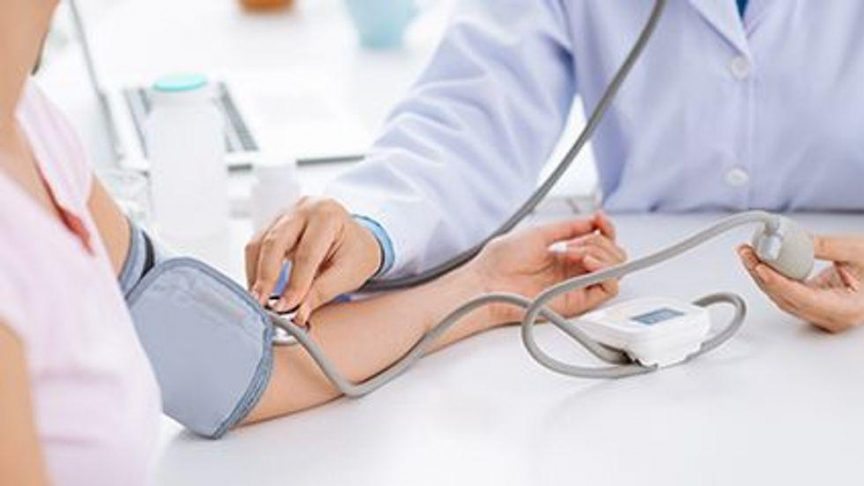Findings seen following a hypertensive pregnancy versus usual care
By Lori Solomon HealthDay Reporter
FRIDAY, Nov. 17, 2023 (HealthDay News) — The combination of self-monitoring and physician-guided titration of antihypertensive medications is associated with lower postpartum blood pressure following a hypertensive pregnancy compared with usual postnatal outpatient care, according to a study published online Nov. 11 in the Journal of the American Medical Association to coincide with the American Heart Association Scientific Sessions 2023, held from Nov. 11 to 13 in Philadelphia.
Jamie Kitt, D.Phil., from the University of Oxford in the United Kingdom, and colleagues assessed whether remote self-monitoring and physician-guided titration of antihypertensive medications using a Bluetooth-enabled app provides better long-term blood pressure control than usual outpatient care during the first nine months postpartum. The analysis included 200 participants randomly assigned following a hypertensive pregnancy.
The researchers found that the 24-hour mean diastolic blood pressure, measured at 249 days postpartum, was 5.8 mm Hg lower in the intervention group (71.2 versus 76.6 mm Hg) than in the control group (between-group difference, −5.80 mm Hg). Similar results were seen for 24-hour mean systolic blood pressure (114.0 versus 120.3 mm Hg; between-group difference, −6.51 mm Hg).
“An intervention that lowers blood pressure by 5 mm Hg would be expected to delay progression to hypertension by many years and, over a lifetime, reduce risk of cardiovascular or cerebrovascular events,” the authors write.
Two authors disclosed financial ties to Sensyne Health.
Copyright © 2023 HealthDay. All rights reserved.

